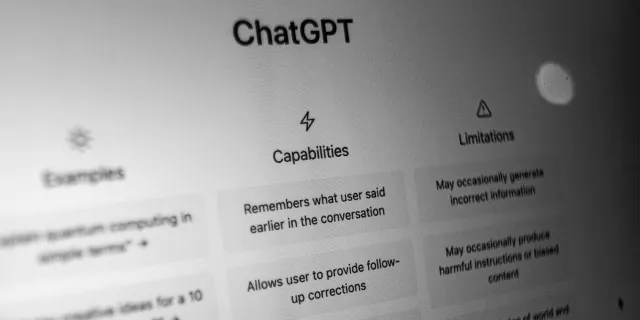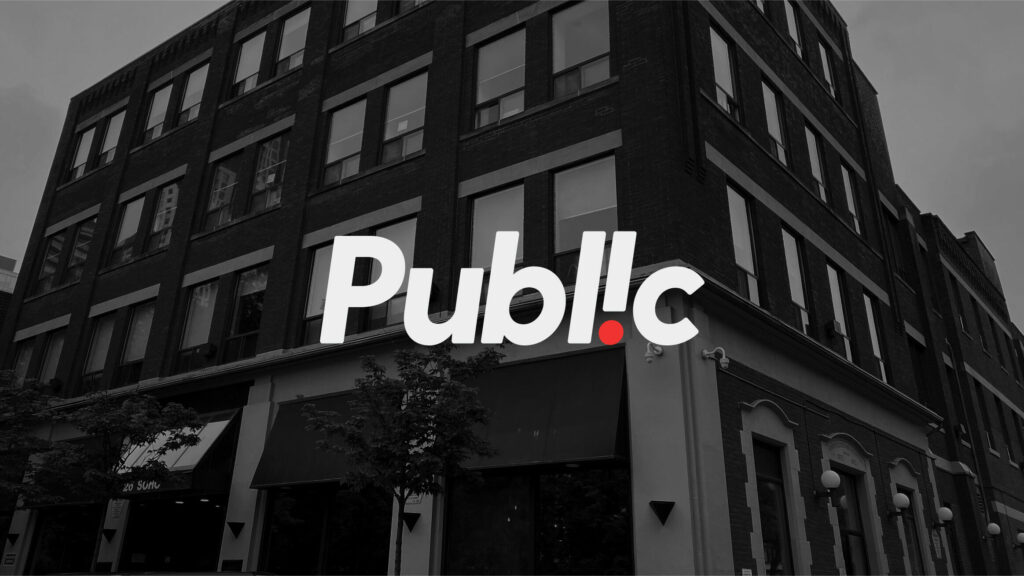By Laura Penalosa, Senior Manager, Business Strategy, and Phil Haid, Co-Founder & Chief Executive Officer

The consumer-brand relationship is largely determined by how companies live their purpose. This is especially true during moments of crisis like the current pandemic and the anti-black racism movement. But navigating these challenging times is not easy. Should a brand respond? How to respond? What to say? How to balance a fast response and a thoughtful action plan?
The data suggests responding is essential. In a recent survey conducted by research group Suzy and agency Oberland, 89% of consumers expected brands to address the pandemic in some way and 61% said how well a brand responds to the pandemic will impact their likelihood to buy that brand in the future. Edelman’s 2020 Trust Barometer shows that the majority of people (71%) lose trust in brands that are prioritizing profit over people during the pandemic.
It’s clear that consumers are expecting more from brands, taking note of how they take care of their employees, support their communities and put the greater societal good over short-term profits. It’s an opportunity for brands to demonstrate their relevance and value to consumers. But what’s the right response to ensure actions today will benefit business tomorrow?
Here are four strategies to ensure relevance and navigate pitfalls during these challenging times.
Start with your people
The actions businesses take to support their employees are playing a strong role in how consumers feel about the brand. In the Suzy/Oberland study, “provide initiatives to protect employees” ranked among the top actions a brand should take at 41% compared to 35% for “donate money to charities/initiatives aiding Covid-19 relief.” The dotted line between consumer and employee has grown stronger; there is greater empathy, solidarity and respect. Consumers want to know the dollars they are spending are contributing to keeping people employed, offering medical benefits, and protecting employees.
The emphasis that we previously placed on ethical factory workers and employee wages has grown exponentially, as it is affecting our neighbours, our grocery clerks, and communities in our own backyard. How quickly you act, and how far you act to put your people first will pay significant dividends in the medium to long-term. Artizia’s immediate response to create the Community Relief Fund to support their employees and their families during covid-19 and Walmart’s $550 million dollars investment in staff bonuses during the initial phase of the pandemic are cases in point.
Lean in to the moment
Consumers’ expectations of brands are rising. They are aware that the government alone can’t get us through this crisis, and in fact, agree that brands have a large role to play. Collectively, businesses are raising the bar and creating a new level of expectation for the corporate sector to be responsible and accountable for contributing to societal issues. Leaning into this enhanced reality is a winning strategy as it helps to respond and navigate as the challenges unfold.
When it comes to the anti-black racist movement, no brand is safe. Diversity, equity and inclusion training is table stakes. If you haven’t already yet, this is the time to get your house in order, speak out on your short-comings and take a stance to do better and be better. Don’t shy away from the moment, but instead lean in.
Let actions speak louder than words
Never has the phrase “actions speak louder than words” rang truer. While many purpose statements tend to live on corporate websites or out in the world through emotionally-captivating campaigns, consumers today are looking for action. They want to know what business is doing for its employees (not only your words of gratitude), what it is doing for its communities (besides tweeting support for local business), and how it is leveraging resources/products/factories/networks to aid the situation.
Unless a business is taking continuous action and evolving its contributions, there isn’t a need to continuously communicate with consumers. Make long-term commitments and track your progress. Seek feedback from the communities you are impacting, and include them in your journey of progression. Assess your own biases and work with your team to become better allies to the BIPOC community.
Communicate with empathy
The risk of misstepping, or failing to step, is quite high right now – although the side effects won’t be seen immediately. Research from Angus Reid is showing that consumer perceptions of brands have not changed quite yet, but we predict we will begin seeing this soon. As brands balance the delicate dance of bringing in revenue to continue paying salaries, while also supporting their local communities, some have failed to understand the risk of faulty communication.
An important theme that we’ve seen breakthrough is sincere transparency from senior leaders, from Marriott’s CEO’s video to his employees, to Comcast’s CEO’s commitment of $500 million for employees whose jobs are impacted by Coronavirus (in addition to donating 100% of his and other senior leaders’ salaries to charities supporting communities), to Ralph Lauren’s president committing $10M to support colleagues facing special circumstances such as medical, elderly care or childcare needs.
The same sentiments have been reflected on leaders who have recognized their faults and shortcomings when it comes to creating equitable opportunities for all, and committing to doing better with clear actionable steps. These personal commitments have been received extremely well by consumers, as they show they have some skin in the game. In contrast, brands that are tying product sales to donation are risking losing the trust of their consumers, who are vigilantly seeing the distinction between marketing and genuine commitments (buy this product and we’ll donate x% to charity). They’re not buying it, and in fact, it may deter them from buying your products when all of this passes.
The silver lining? There’s opportunity for an incredible acceleration of the purpose-economy, with over one-third of consumers starting to support new brands because of the innovative or compassionate way that they have responded.
Although your consumers might not be spending much today, they surely are taking notes on how you are responding to the current challenges. They are noticing how you are (or aren’t) stretching yourself to look out for your employees. They are seeing how you are supporting those risking their lives to support us during covid-19, and how you are acting as an ally to our community members that need us most. They are hyper-vigilant to the communications you are sending out, and judging whether they are sensitive or not. They are noticing your capacity to play your role in your community, one that goes beyond your products, and how you adapt to new realities. They will remember the meaningful commitments, forget the unmemorable, and resent the poor efforts. They will remember those who lead the way and those who followed. They are taking note of how you make them feel today, and they will remember that when they are ready to spend their dollars tomorrow.



